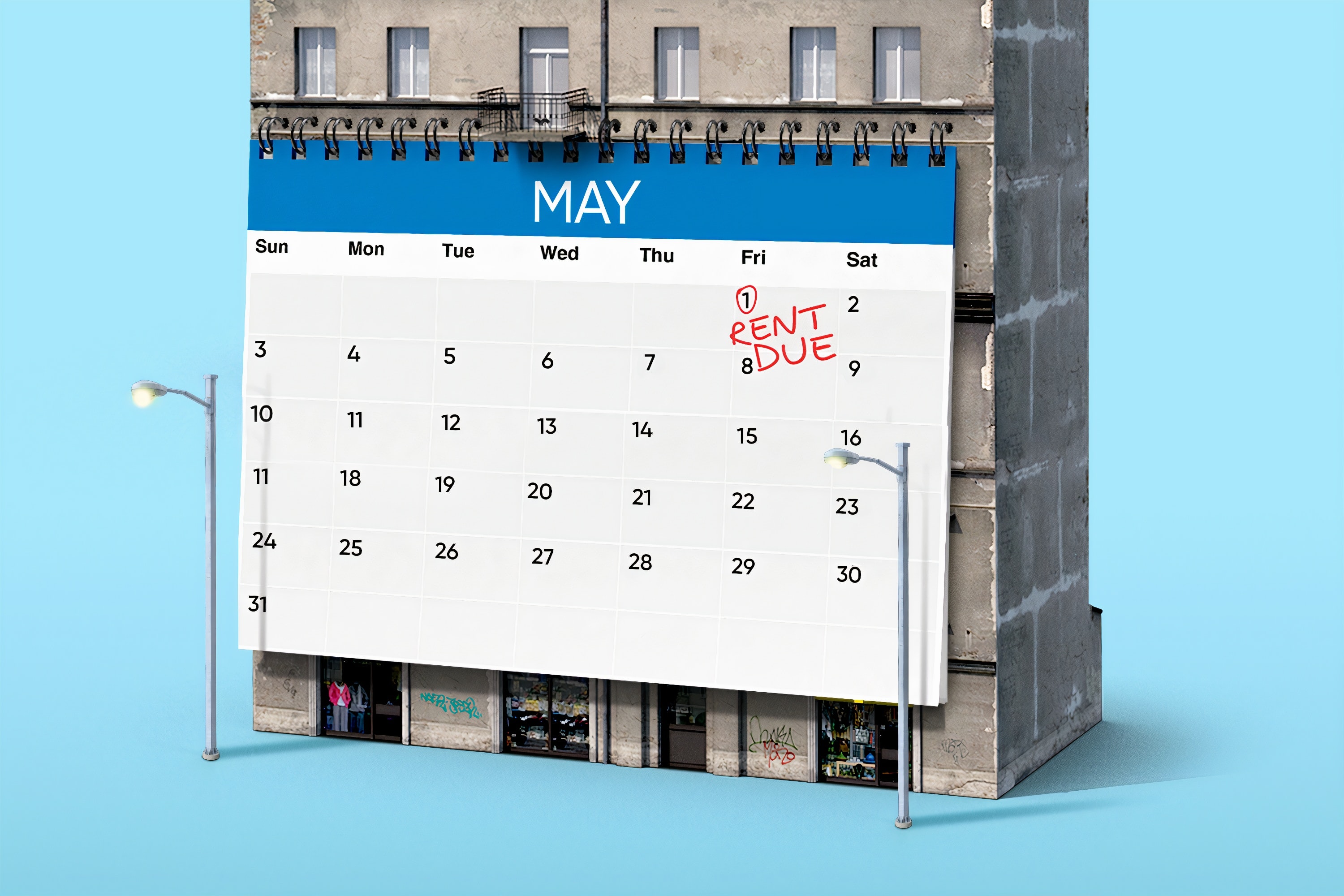
When someone has an interest in becoming a landlord, there are a few things they’ll want to consider. The potential landlord may have some questions around common-placed terminology that a seasoned landlord is very familiar with. Because of that, we’re going to dive into some basic Q&As:
1. What is a lease/rental agreement, and why is one important?
This is probably one of the most important and foundational questions and answers a landlord needs to know. Most people know what this is, even if they don’t know the exact definition. A lease is a legal contract that a tenant and landlord are bound to until it expires — it outlines critical information such as monthly rent, security deposits, rent increases, and tenant or landlord responsibilities. Most issues can be avoided by following the lease, and most tenant questions can be answered by the lease. Requirements for a lease agreement may vary by state, so it’s important to stay up-to-date with the current standards before going into an agreement.
2. What is a sublease?
Here’s another question that landlords may be curious about, especially if they’ve never been on either end of the tenant-landlord relationship. A sub-lease is a separate rental agreement between the original tenant and a new tenant who may move-in temporarily, or someone who moves in with the original tenant and shares the rent. This isn’t as common and in most leases, a sub-lease is not allowed. Landlords should make sure there is a segment in their lease agreement that clearly states whether this is allowed or not, if a tenant sublets when a lease does not allow it, a landlord has the authority to evict. If a sub-lease is allowed and executed, the original tenant is still solely responsible for paying the rent to the landlord.
3. Can a landlord change the terms of a rental agreement?
If the rental agreement states or allows for rental increases, then the landlord may do so with the proper advance written notice. In a month-to-month rental agreement, the landlord usually gives 30-days advance written notice of an increase in rent, parking or other. A landlord can only make changes to the lease agreement with the right notice. For example, if the rental agreement states there will be rental increases, then the landlord may do so with written notice. This may vary per state, make sure to keep current on the policies in the region your property resides.
This is just a small glimpse, make sure to attend the regular Landlord Support Group for in-depth insight into the workings of being a landlord!